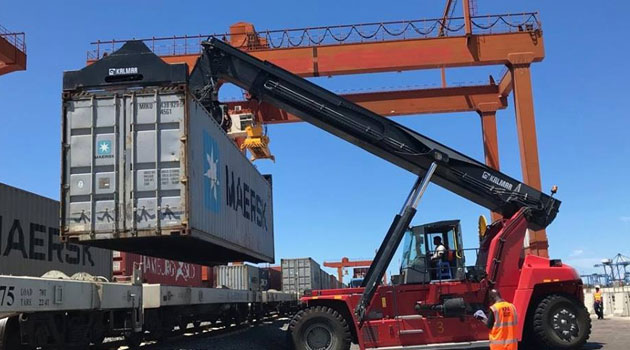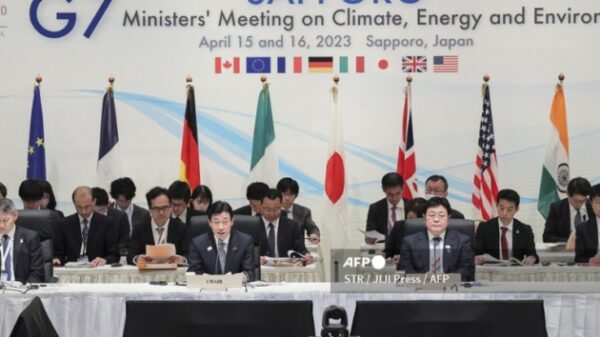 NAIROBI, Oct 1- Kenya and other African countries could increase regional trade and industrial production of goods by using the Chinese growth model, which relies on an abundant labor force to improve product quality, economic experts say.
NAIROBI, Oct 1- Kenya and other African countries could increase regional trade and industrial production of goods by using the Chinese growth model, which relies on an abundant labor force to improve product quality, economic experts say.
Dr. Gerishon Ikiara, an international economics lecturer at the University of Nairobi (UoN), said other key reforms in the economic sector are also required in Africa to make state-owned companies competitive.
“By using state corporations and other private firms, China has emerged as a global player economically and is now the second largest economy in the world behind the U.S.,” Ikiara told Xinhua in a recent interview in Nairobi.
In Africa, governments have been reluctant to privatize state-owned enterprises amid criticism that most state actors have proven less successful in running huge national companies.
Some countries have been forced to spend millions of dollars every year subsidizing government-owned businesses in what is modeled along Western business models.
“Economic reforms have lifted a lot of people out of poverty especially those in rural areas,” Ikiara said, adding that China grew its economy using strong domestic industrialization that powered its growth in a short span of 30 years.
The country then opened up itself to the rest of the world for trade, he said.
“In fact, the Chinese pace of development has surpassed that of the West because in a space of approximately 30 years, hundreds of millions of people have realized dramatic improvement in their living conditions,” said Ikiara, who authored some of Kenya’s industrialization blueprints.
Professor Munene Macharia, of the United States International University’s (USIU) department of international relations, said the Chinese style of doing business in Africa differs from the Western style.
“The Chinese development stresses strong economic growth and political consensus so that stability provides an environment for developing a strong industrial base,” Munene told Xinhua in a recent interview.
In Africa, Beijing has long been accused of failing to attach conditions for its lavish development loans for infrastructure, with critics saying Beijing’s laxity to press for governance reforms was partly abating rights abuses.
But experts insist the approach of treating every country in Africa as an equal regardless of the military or economic strength is widely applauded in the continent.
“China does not advocate the interference in the internal affairs of other nations,” Munene said. “It emphasizes that each partner establishes its own unique developmental model that best suits its environment.”
Ikiara said China relied on the export of goods to grow its economy, using affordable labor force.
Munene, on the other hand, insists that the main reason behind the failures of the Western style of doing business in Africa is that it has emphasized human rights and put less emphasis on trade.
“Democracy does not flourish well in low income countries that have high poverty levels,” Munene said.
To translate the Chinese growth model into tangible benefits, the university don said, regional economic giants like Kenya could apply the Chinese growth model, which emphasizes the use of local cultures and the harnessing of local resources to power economic growth.
Meanwhile, Ikiara said shunning interference in the affairs of its neighbors, in the case of Kenya, would enable the country to concentrate on domestic issues.
He said the Chinese policy of non-interference enabled Beijing to concentrate on the production of goods for the export market to the rest of the world.
“This creates peaceful co-existence among the global community as no nation is superior compared to another,” Munene said. “Consensus is a better option for most poor nations in order to reduce sectarian or religious disputes.”
“Africa and Kenya can learn from Chinese who leveraged their comparative low labor rates to rely on export-led industrialization in order to create wealth,” Ikiara added.
He also warns that as labor wages increase, African countries could shift and move to high-value products.
“Kenya can also learn from the Chinese not to interfere in the internal affairs of other countries but engage in mutually-beneficially trade,” Ikiara said.
“The west wants Africa to follow its model of governance. However the levels of development between the two regions are not equal,” Munene noted.(






















